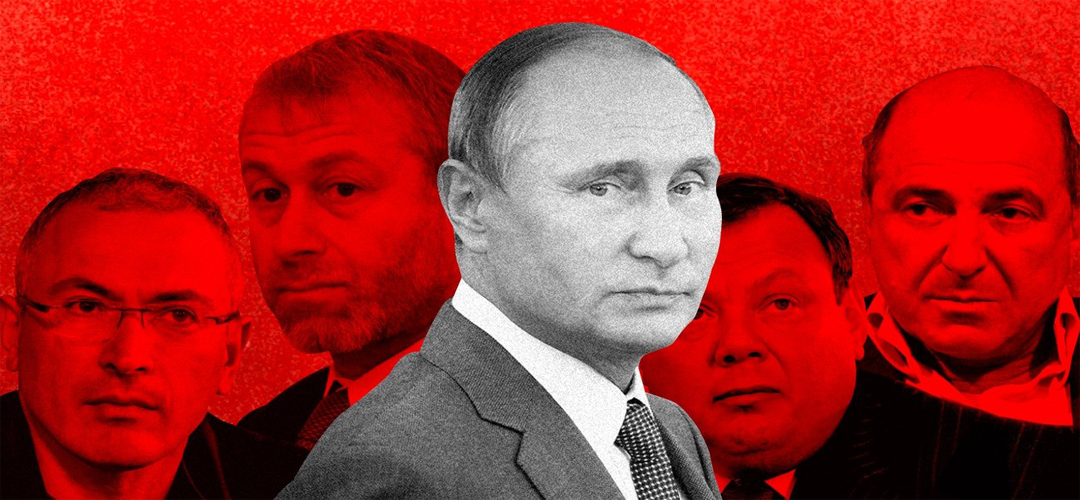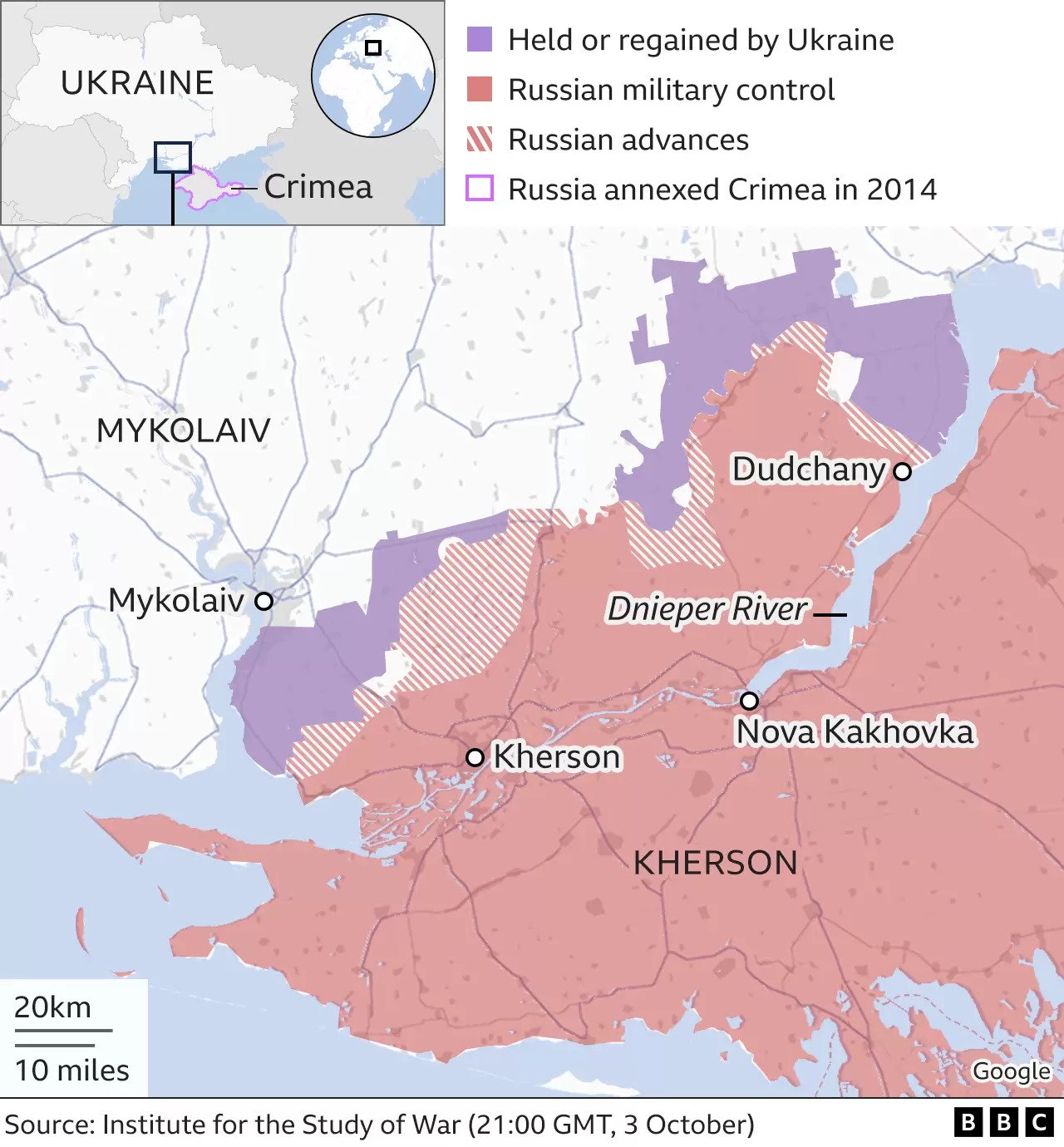RUSSIAN ROULETTE IN KREMLIN?
October 8, 2022 | Expert Insights

By any standards, the "special military operation" was President Putin's bold, if not outright risky, move. If it had succeeded quickly, it could have elevated Mr. Putin's status far beyond that of Stalin, the saviour of the 'Great Patriot War.' But has the course of the war progressed as was envisaged by the Kremlin, and what has its lack of clear-cut victory meant for Russia's internal political manoeuvrings?
The Ukrainian forces are holding their ground and recapturing territories after months of defeat and humiliation. Armed with the latest weaponry provided lavishly by the West, they are inflicting punishing casualties in terms of men and equipment on a Russian Army which appears to be running out of steam. Today, serious doubts are being raised about Russia’s military prowess.
Entering its eighth month, the war in Ukraine has killed more than 5,800 and injured nearly 8,300 civilians. The international community has poured billions of dollars to financially and militarily aid the Ukrainians. Forced disappearances and detentions have become rampant in Russian-occupied territories, and Russian officials have even held local elections to "legally" annex the occupied territories.
A part of the Russian public, who had initially supported the war, has turned against the government after more enlistments for the army were announced. The oligarchs and elites within Russia have invariably been sanctioned by Western countries solely for their ties to the Kremlin. A divide among the elites would undoubtedly mark the beginning of the end for Putin.
Background
With the fall of the Soviet Union, a group of wealthy businessmen called oligarchs took control over key industries in the country. Eventually, the oligarchs and a group of elites began controlling the means of production and parts of the political system. These elites maintained order and stability within Russia when socioeconomic conditions were chaotic. By the time Putin came to power in 2012, the influence of the elites in Russian politics was significant. Any Russian leader needed the backing of the elites if they wanted a successful tenure.
In his early days as Prime Minister, Putin’s closest allies were oligarchs, and he did everything to win their favour. But once he had cemented his position as President, Putin decided to tip the scales by systematically robbing power from the elites. The ones that opposed Putin were sentenced to prison or banished from the country. Oligarchs who weren’t in line with Putin’s orders were slapped with corruption charges, and the state seized all their properties.
Though the elites have lost their political power in recent years, their social standing gives them a voice that other commoners are not privy to. With sanctions from Western countries squeezing their businesses and restricting their travel, divisions among the elites have emerged. The majority still support Putin, but a growing section of elites want the war to end, especially after Putin threatened to use nuclear weapons.

Analysis
To substantiate the divide among the elites, here are a few examples of how differing opinions have widened the gap between pro-Putin and anti-war elites. The first and foremost difference is the notion that Ukraine is the enemy. Most elites do not share this view. The elites and the oligarchs have considerable business interests and social ties in Ukraine, and the idea that Ukraine is the enemy is a hard pill to swallow. The second significant difference is the threat of using nuclear weapons. A few elites would be willing to go to any extent with Putin’s plan of using nuclear weapons; however, the majority would not want the war to escalate any further, let alone jeopardize global security. The final difference that could drive a wedge between the elites and Putin would be the duration of this war. The Russian army would be willing to follow attrition strategies to wear down Ukrainians; however, businesses in Russia would suffer, and the economy would stagnate. Longer the war, the greater the opposition from the elites.
Counter View
Over his two-decade-long tenure, Mr. Putin has shown that he can deal with elites and oligarchs. Therefore, it is safe to assume that he would sense if any ‘coup’ were brewing to replace him. Though his plans to annex Ukraine have not gone as planned, his earlier efforts to rid elitism from Russian politics will surely help his political survival even if the war aims have gone awry.
With every passing month, elites and oligarchs bleed resources due to the heavy sanctions. Moreover, the elites are expected to chip in to sustain the war and stabilize the economy. Any uprising or dissent against Putin would worsen their conditions, with the government taking control of their resources immediately. Therefore, the elites would be at a crossroads and taking the wrong path could mean disaster for them. Hence, they would wait and watch in which direction the wind blows before moving into Kremlin.
Assessment
- Many high-value individuals have left/are trying to leave Russia. As per reports, more than 15,000 millionaires will leave the country this year. The exit of these individuals will hamper the country's economic conditions even further.
- The elites who have remained loyal to Putin will undoubtedly face a dilemma where they will have to choose between staying with Putin or going against him. Both choices will have crippling consequences.
- Putin has managed to keep even his most trusted aides in the dark about his plans for the war. Though this strategy has given him an edge over his opponents, it has created a sense of blind trust among Russian elites. With the war dragging on, the confidence Putin instilled that Russia would win the war has started to wear down.








Comments